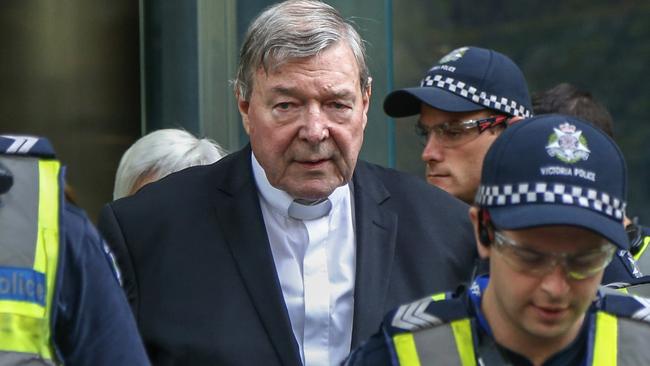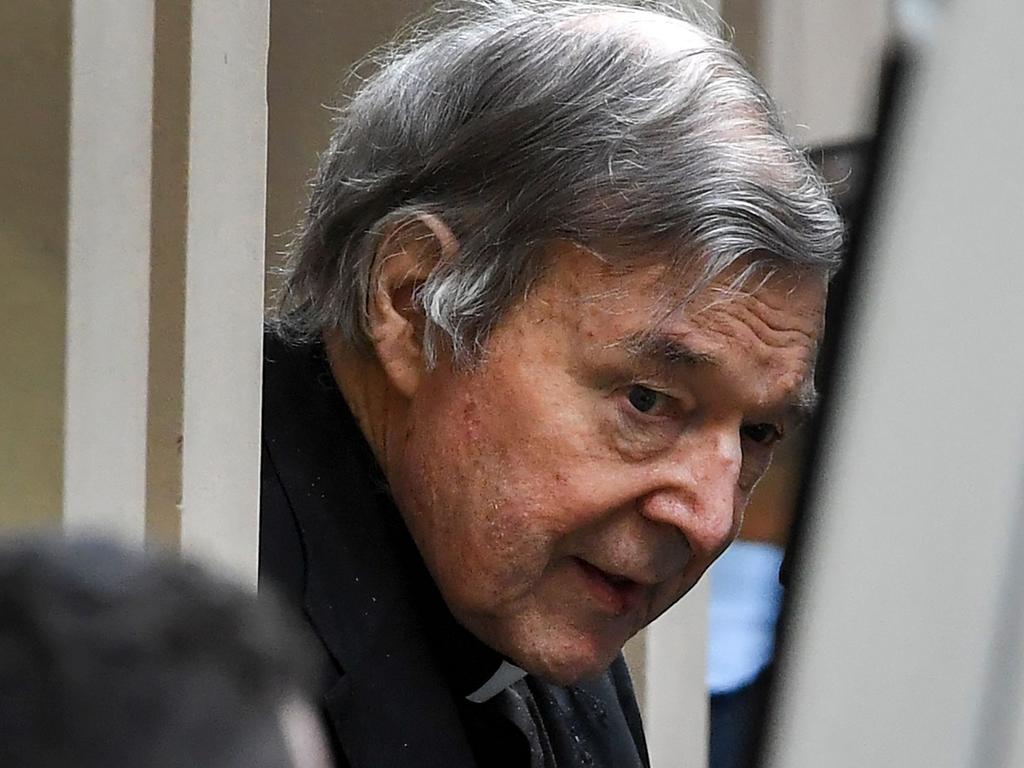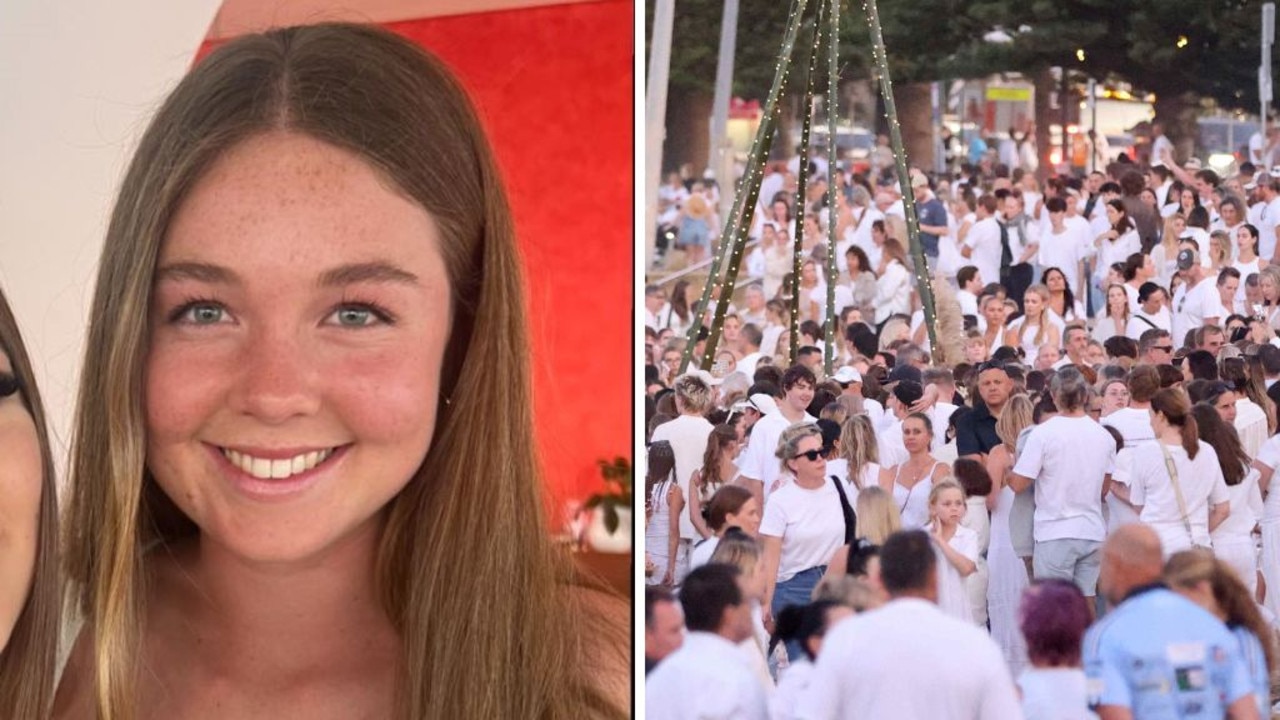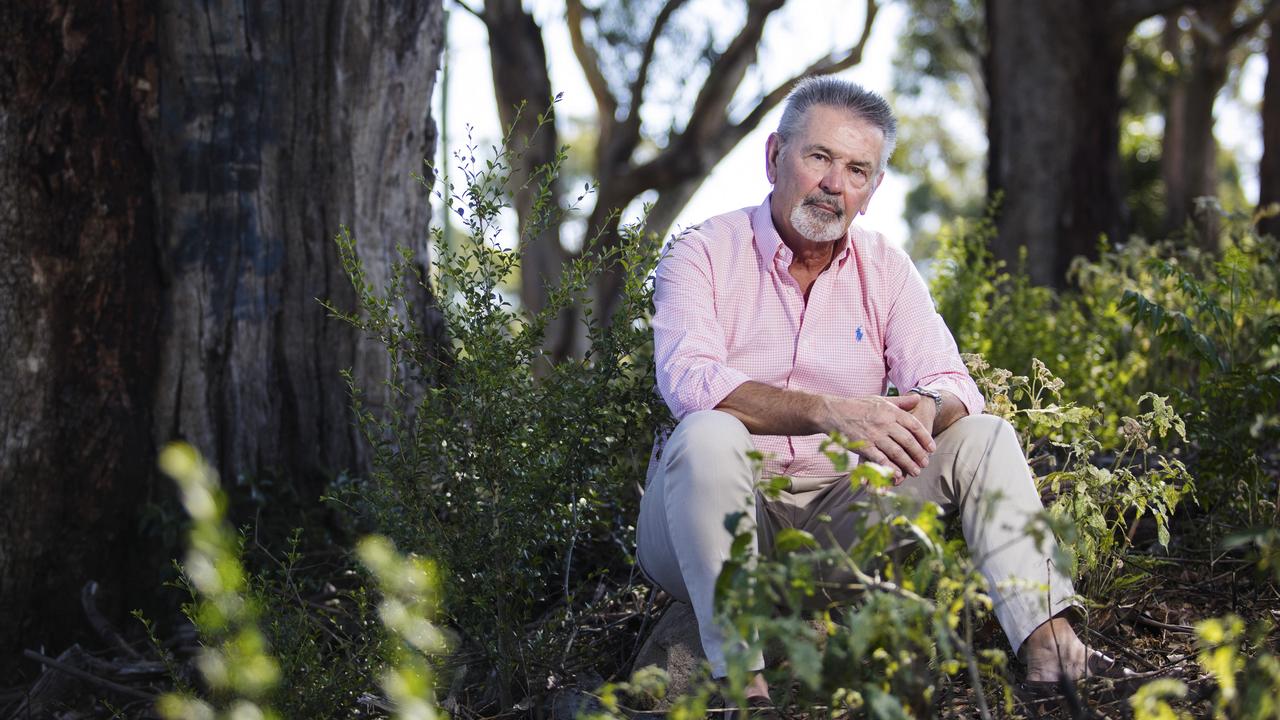George Pell’s legal team argue DPP adopted a “piecemeal approach” in defending guilty verdict
George Pell’s legal team argue the Court of Appeal majority didn’t independently weigh the combined effect of the evidence.

The Victorian Director of Public Prosecutions has adopted a “piecemeal approach” in defending the guilty verdict of George Pell, submissions to the High Court from Pell’s legal team argue.
The High Court has now received the final submissions before the two-day full court hearing in March.
In Pell’s counsel’s reply to the prosecution, barristers Bret Walker SC and Ruth Shann claim the Court of Appeal majority, 2-1, didn’t independently weigh the combined effect of the evidence.
In their submissions, counsel make the point that the trial judge, Chief Judge Peter Kidd, “without demur from the prosecution” directed the jury that there was no evidence to support the prosecution case other than that of the complainant.
Counsel argue the victim’s description of the layout and features of the “wood panelled area” in the priests’ sacristy were not accurate and although he was correct about the location of the wine in a particular corner: “That was a simple fact that could only be speculated as incapable of recall from a tour.”
Counsel said that the evidence of two choristers who joined the choir in 1991 and 1993 that they had not been in the priests’ sacristy before, did not prove the victim didn’t enter the room on a tour when he joined the choir in 1996 nor the fact the room was off-limits to choristers on Sundays.
A further point is made that there is no positive evidence that Pell didn’t openly use the priests’ sacristy.
Counsel said the DPP relied on the evidence of Monsignor Charles Portelli to establish Pell would have robed in the sacristy on 15th and 22nd December 23 “without confronting the tension between that reliance and the respondent’s assertion that Portelli’s memory is unreliable when he says that he was with the applicant when he robed and disrobed in that room on those dates”.
Counsel also argued the alibi provided for Pell by people like Portelli was “not anywhere near eliminated”.
Pell was convicted in December 2018 on one charge of sexual penetration with a child under 16 and four counts of indecent act with, or in the presence of, a child under 16, relating to two separate incidents at St Patrick’s Cathedral in Melbourne in 1996 and 1997.
The first incident related to choristers J and R who had left the procession and made their way to the priests’ sacristy, where Pell caught them drinking sacramental wine.
Pell sexually abused the boys after mass in the sacristy.
The second incident involved Pell squeezing J’s genitals in a corridor. Prosecutors relied solely on evidence from J in the trial.
The second choirboy, R, died in 2014 of a drug overdose.
R had denied being abused to his parents who weren’t called to give evidence at trial.
In their submissions Pell’s counsel argued the prosecution’s forensic choice not to call the parents “leaves as an uneliminated possibility that it was a true denial”.
“As the relevance of the denial of offending by the alleged co-victim is to determine if the complainant can be accepted beyond reasonable doubt, it is impermissibly circular to use belief in the complainant to eliminate the doubt otherwise raised by the denial,” counsel submitted.
Pell is serving a six-year sentence with a minimum of three years and eight months.





